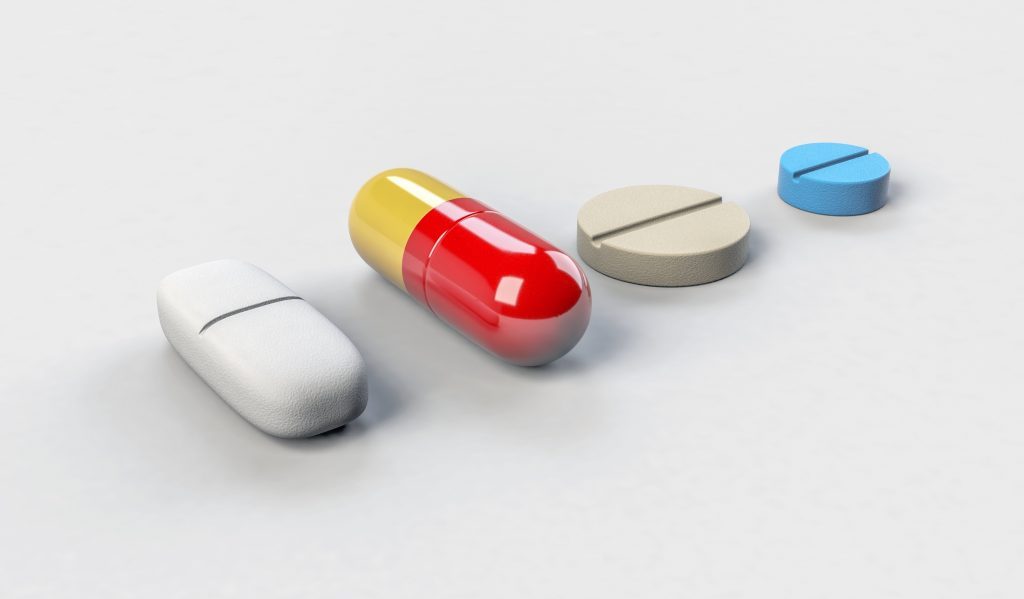Lung cancer mainly refers to primary lung cancer—a malignant (cancerous) tumor that starts in the cells of the airways or lungs themselves.
It’s the most common and deadly type of cancer worldwide.
What are the main types of lung cancer?
Lung cancers are grouped by the type of cell where the cancer begins, and there are two main categories: small cell lung cancer and non-small cell lung cancer.
Small cell lung cancer makes up about 15% of all such cases. It’s the most aggressive type—surgery usually doesn’t work well for it, but it tends to respond better to radiotherapy and chemotherapy.
What causes lung cancer?
Doctors don’t fully understand all causes of lung cancer yet, but known risk factors include:
- Smoking: This is the #1 cause. Smokers have a far higher risk of getting it than non-smokers.
- Passive smoking (breathing in second-hand smoke)
- Environmental carcinogens (cancer-causing substances)
- Radiation exposure
- A family history of this disease
- Pre-existing lung diseases
What are the symptoms?
Lung cancer rarely causes obvious symptoms in its early stages. Symptoms usually only show up once the cancer has grown to a certain size.
Typical symptoms
- A persistent, chronic cough
- Blood in sputum (mucus you cough up)
- Chest pain
- Shortness of breath
- Hoarseness (raspy voice)
Other possible symptoms
- Recurring lung infections (like pneumonia)
- Pain in the shoulders or arms
- Unexplained weight loss (losing weight without trying)
How can you prevent lung cancer?
You can lower your risk of this cancer by doing the following:
- Quit smoking (if you smoke)—this is the most effective way to reduce risk.
- Stay away from second-hand smoke.
- Avoid contact with carcinogens (e.g., limit exposure to air pollution, asbestos).
- Make sure living spaces have proper ventilation (to reduce indoor air pollutants).
- Eat a healthy diet.
- Keep up regular exercise.
How is lung cancer diagnosed?
This cancer is mainly diagnosed using imaging tests and biopsies. Common tests include:
- Chest X-rays: Used for screening, but they have limited diagnostic value (they can miss small tumors).
- Chest CT scans: The most effective test for screening and detecting lung cancer early.
- PET-CT scans (to check if cancer has spread)
- MRI (magnetic resonance imaging)
- Bronchoscopy (looking inside airways with a thin tube)
- Thoracoscopy (a minimally invasive procedure to check the chest cavity)
- Biopsy: Taking a small sample of tissue to test for cancer cells (the only way to confirm a cancer diagnosis).
How is lung cancer treated?
Treatment for this cancer depends on two key factors: its type and stage (how advanced it is).
- Early-stage cancer (hasn’t spread): Surgeons may remove the tumor. Doctors might also use radiotherapy alone or concurrent chemoradiotherapy (both radiotherapy and chemotherapy together).
- Advanced-stage cancer (has spread): Treatment may include radiotherapy, chemotherapy, targeted therapy, immunotherapy, or a combination of these.
Nutrition and diet tips
A healthy, balanced diet can help with recovery after treatment. Follow these guidelines:
- Eat a mix of meat and vegetables, and cut back on fatty meats.
- Eggs and milk are great sources of protein and essential nutrients—include them regularly.
- Eat more fresh fruits and vegetables (for vitamins and fiber).
- Try to avoid drinking alcohol entirely.
Important precautions
- Follow-up care is critical after treatment: How often you need check-ups depends on the treatment you had and your medical history.
- After surgery: If no more treatment is needed, take care of your body and stick to the doctor’s follow-up schedule. If more treatment is required, stay well-nourished and do functional exercises (like gentle breathing exercises) to aid recovery.
- During radiotherapy: Wear loose, comfortable clothing. Keep your chest out of direct sunlight to ease skin irritation from treatment. Never use skin creams on your own—only use ones approved by your doctor.
- After chemotherapy: Eat high-protein, vitamin-rich foods to stay nourished. Eat small meals more often (instead of 3 large ones) to prevent nausea, vomiting, and constipation.
What’s the prognosis?
- Early-stage lung cancer has a very good prognosis: Many patients can be cured with proper treatment.
- Mid-stage and late-stage lung cancer have a much poorer prognosis: Most patients with advanced cancer struggle to live for a long time.
